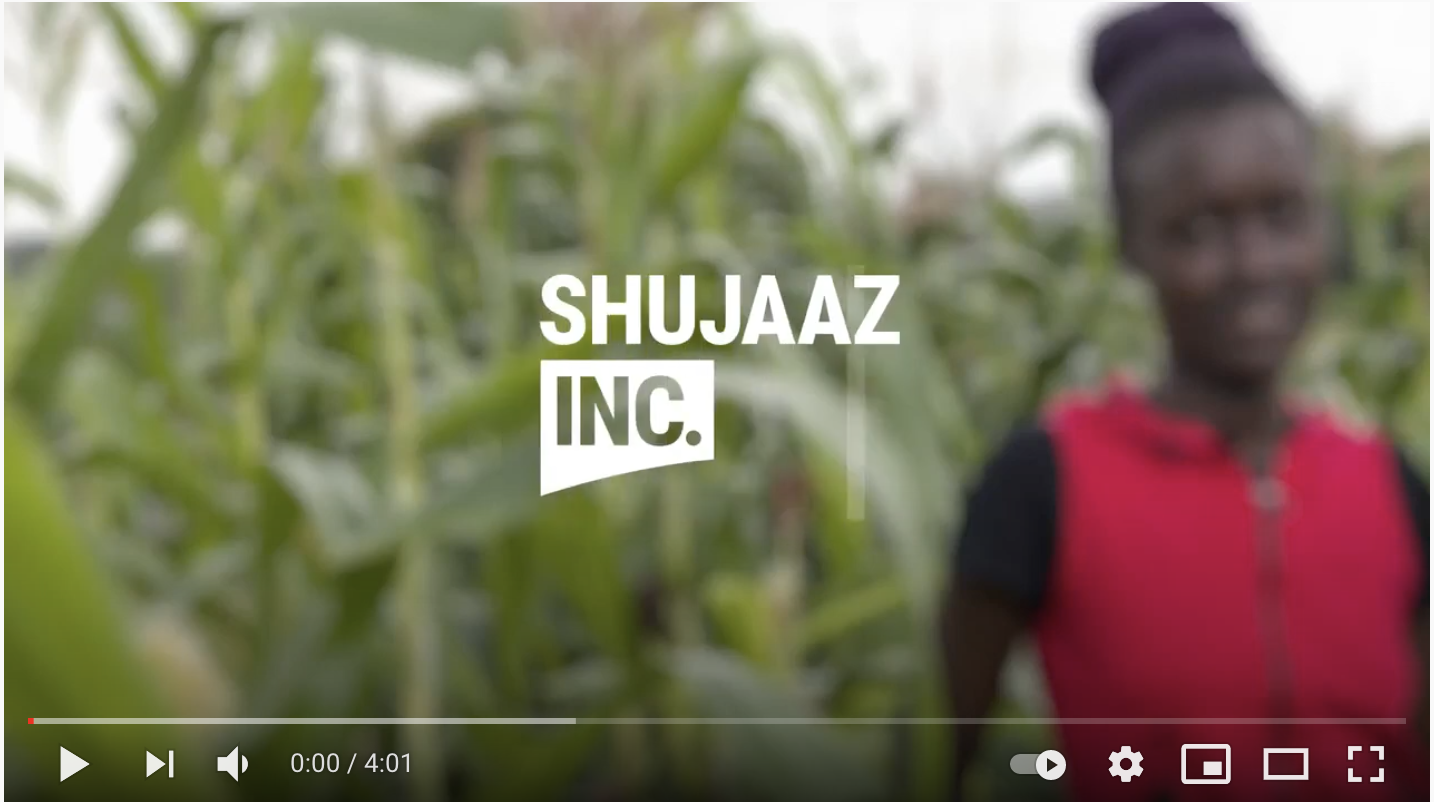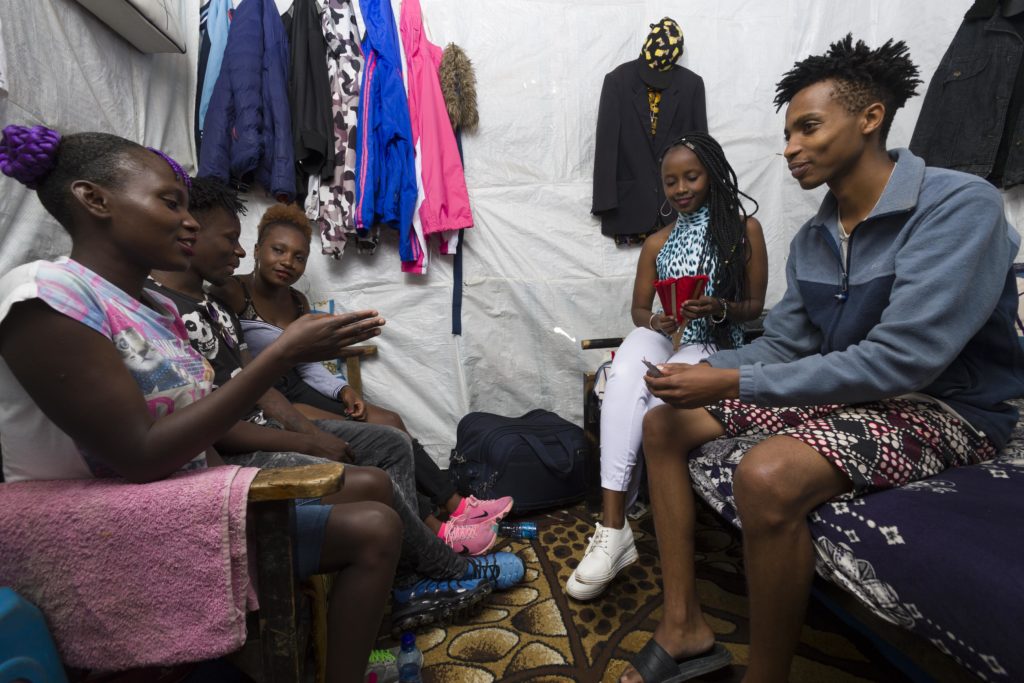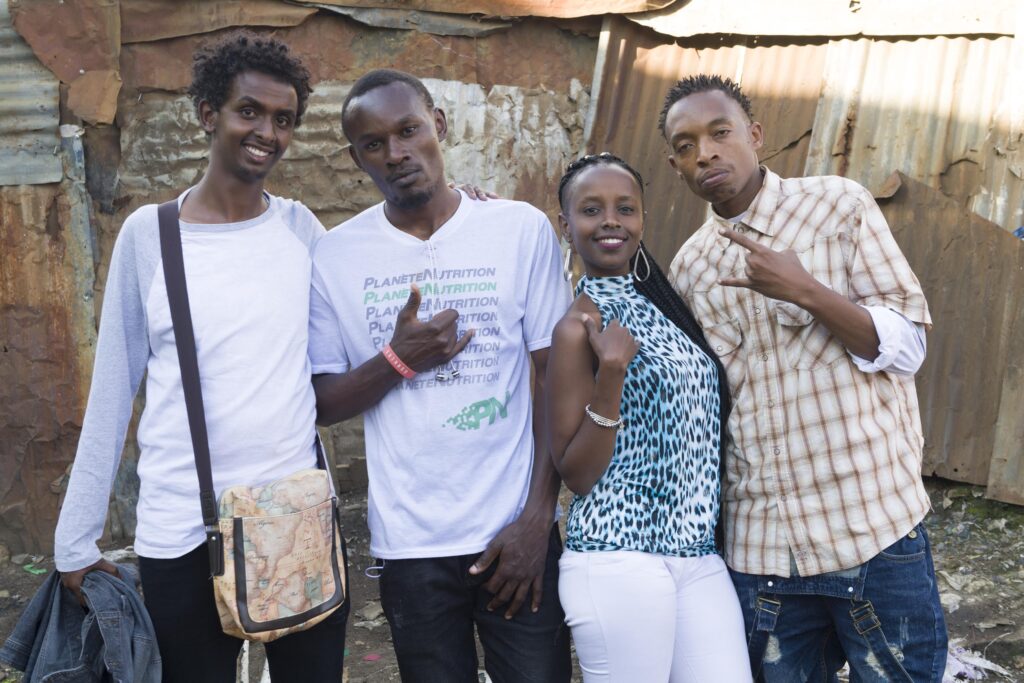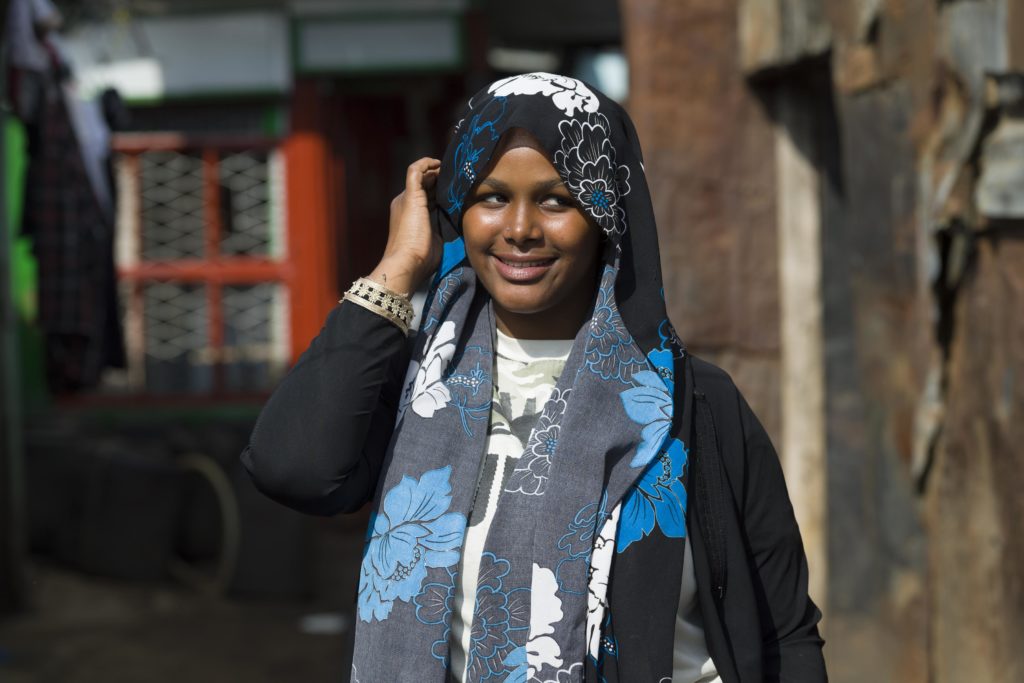Compass | How young people can lead Kenya’s agribusiness transformation
- Our Research
- COVID-19
- Money & Entrepreneurship
- Skills & Education
- Agriculture & Environment
- 26 May 2021
In the third edition of our Compass series, we explore the barriers that are preventing young people from working and earning in Kenya’s biggest industry: agriculture.
Drawing on new insights from interviews with more than 2,000 young Kenyans, we challenge the outdated stereotype that young people are simply ‘not interested’ in agriculture. Instead, we’ll explore the social and economic barriers that have structurally disincentivised a generation from working in agriculture for more than a generation – and how they can be broken down.
EXECUTIVE SUMMARY
Kenya’s agriculture industry is the engine of its economy, employing 60% of the country’s labour force and generating more than half of its GDP.
But to meet the needs of a fast-growing population and a rapidly changing climate, experts predict that by 2030, the industry must expand by an estimated 75% from its 2015 levels – and adopt a range of climate-resilient policies and practices capable of transforming the sector on an unprecedented scale.
Organisations from the Kenyan government to the World Bank have highlighted that engaging Kenya’s young, digitally native labour force is critical to driving this urgent agribusiness transformation. And yet, agriculture in Kenya remains a stubbornly ageing industry.
In this third edition of our Compass series, we explore the barriers that are preventing young people from working in this crucial sector – and begin to map the route to engaging them in an ambitious transformation of Kenya’s agribusiness industry.
And there’s cause for optimism, as data from our annual survey shows that the COVID-19 pandemic has sparked a vital shift in attitudes and approaches to agriculture among young Kenyans. We’ll show that more young people than ever say they would consider working in agribusiness and we’ll introduce you to the hundreds of thousands of young people who have set up agribusiness micro-enterprises to get by during the pandemic.
The upheaval of 2020 has created fertile ground for a national effort to engage young people in the agriculture sector. However, even as they tend to their new micro agribusinesses, young people in our network are quick to reinforce the level of investment and policy change that’s needed; from opening up access to markets, land and capital, to rolling out training in the latest technologies.
Faced with an increasingly unstable climate and an expanding population, experts tell us one thing is clear: Kenya’s future depends on a transformation of its agriculture industry. But that transformation needs a new generation of energetic and digitally native young urban agri-entrepreneurs and rural innovators to power it.
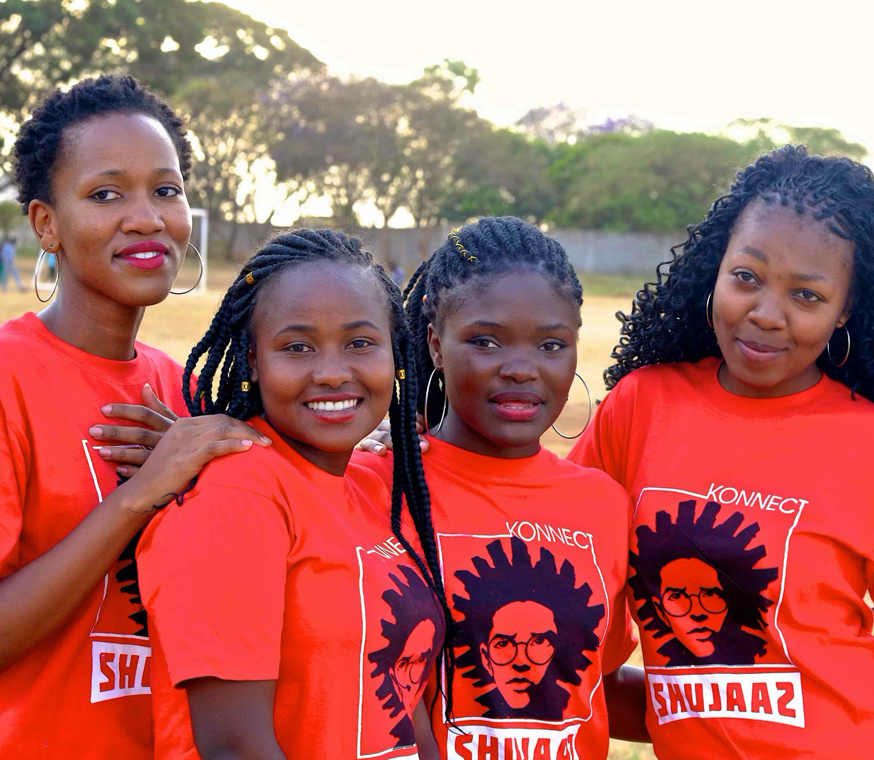
CORONAVIRUS
Read further insights from our team on how the lives of young people are being impacted by COVID-19
Explore Collection